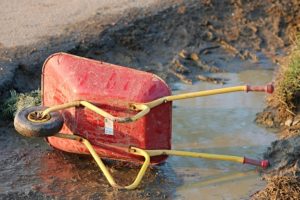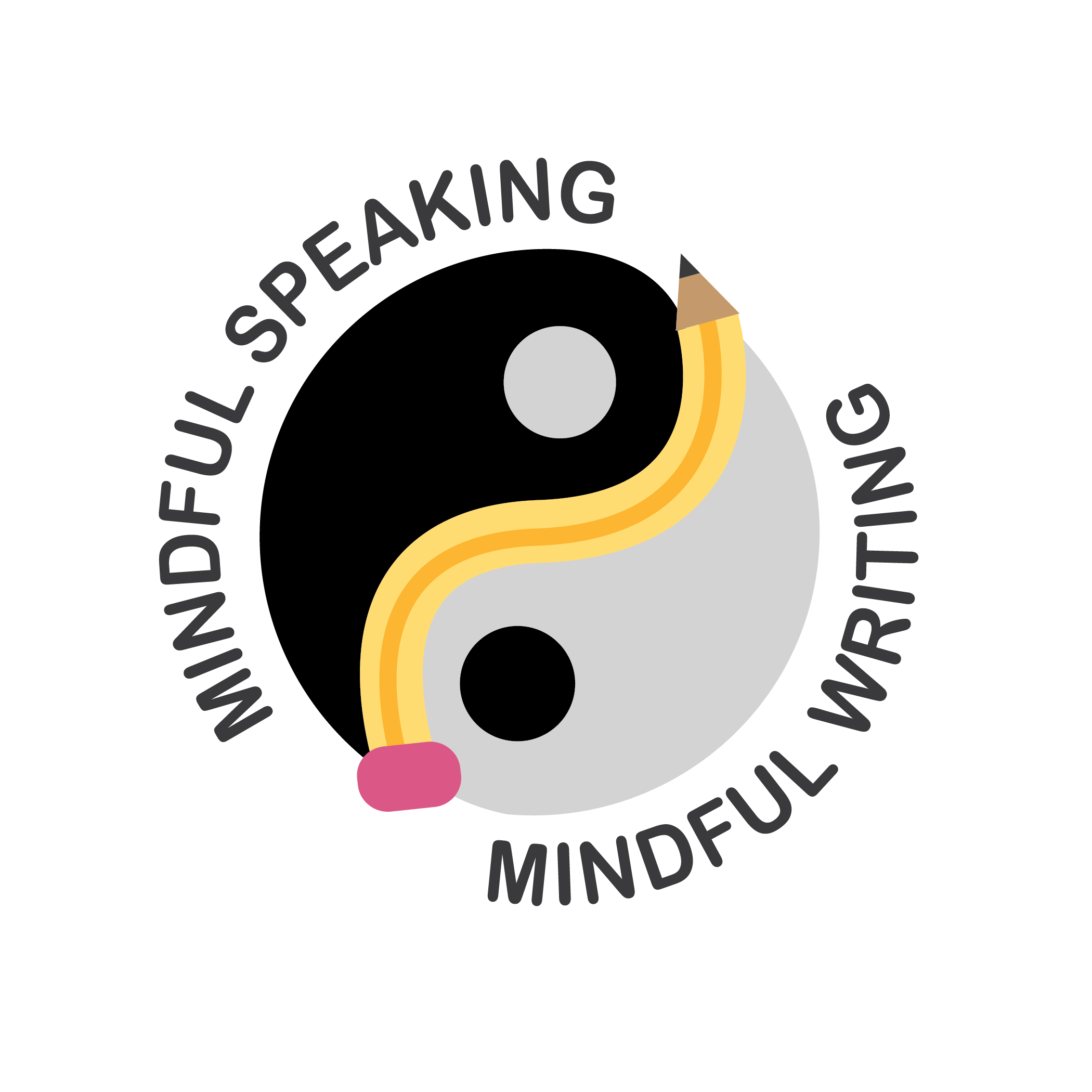
photo credit: Pixabay.com
I’ve been watching the winter Olympics, especially the figure skating. Magnificent, but what strikes me particularly is the falls and the recoveries. How quickly the skaters rise, glide seamlessly (so it appears) right back in stride, in time with the music, as if nothing had happened. But what are they feeling inside, I ask myself. I don’t know the answer, but it seems obvious to me that one doesn’t become an Olympic calibre skater without learning to fall and recover — in a split second. It’s a master lesson in letting go, moving on, staying totally in the present moment. The fall is over. What matters is what’s happening right now.
Writers don’t have to respond quite so quickly. But the writing life is, by definition, filled with falls. Wasted words, bad reviews, hopeless chapters, those days when the muse has departed, that sinking feeling that you have nothing to say and never will again. If you’ve been at this game for long, I think you know what I’m talking about. I call it “creative letting to.”
The question, of course, is “How to let go of the fall?” “What to do about it?” “How to move on, so the “fall” is no longer the focus of awareness.”
I sit here in fact, this very moment, struggling with just this issue, because though I have a decent idea of what I want to say, the phrasing isn’t there. Yet. I recognize a mini crisis. A fall on the ice. I have a choice to make. I can push, try to force the answer to show up, and probably judge myself harshly in the process. (Judgment seems to go with the forced approach.) Or I can back off, let go for a moment or an hour, allow rather than push, live in the void for a while, see what shows up.
I choose the latter. It’s worked so many times for me. I back off and let go, announce an open house and see who knocks on the door. The writer has more choices than the skater. For me, simply changing the activity can work wonders. Just standing up and walking around the room may do it. Sometimes, I read something completely unrelated, get a cup of tea. Physical exercise – a walk in nature, a bike ride, a workout at the gym – these simple options can be life savers. A change of scenery – writing in a café, or in the park, or wherever I don’t normally write, who knows where the muse is hanging out today. What all of these have in common is the ability to let go of the stress, to trust, to open up to possibility without having to know the answer. It’s counter-intuitive, especially to those of us who get credits for being productive, but often enough, letting go and diving into the void is the best way.
This seems quite different from the figure skaters recovering from a fall, you might say. Of course, you’re right in many respects. But the huge – if unseen – similarity is that the figure skaters, I am absolutely certain, have trained their minds to let go, to wipe the slate clear, as it were, and to start again, as if they’d been able to change the scene. It’s a master strategy, one that must take an enormous feat of will, but essential if you’re going to be a figure skater.
Or a writer.

I’ve been watching the Olympics, too and noticed this skill with figure skaters, snow boarders, and skiers. As you described, they all have to pick themselves up after mistakes, shake them off, and resume their program or come back for their next run down a mountain. Inspiring. I hadn’t, however, considered how I could (and often do) employ those same tactics to my writing. Thanks for making the connection. It’s solid gold.
Thanks, Iris. BTW, have you seen I, Tonya? Whew, such an interesting take on the Tonya Harding epic of so many years ago. And picking up after a fall of a different kind, on ice that’s even harder than that of the ice rink. Hope your writing is skating along.
Great observations, as always, Peter. When I see an Olympian fall on the ice or lose an edge on the downhill or half pipe, I almost feel a physical electric shock that it’s happened and they could be hurt. Plus I don’t expect them to ever fall, my default is “expectation of perfection” and that is a curse that carries over to my writing, too. I can see how your letting go strategy would help in this arena.
Hi Becky, Yes, I think perfectionism is a bit of a curse that many of us writers must do battle with. When it comes to writing, it’s never quite good enough, is it? When I finished this blog post, I was beset by so many doubts … does it make sense? will anybody care? Isn’t there a better way to express it? etc. etc. You know them all, right. So, I’m doubly glad that you found it useful. Write On!